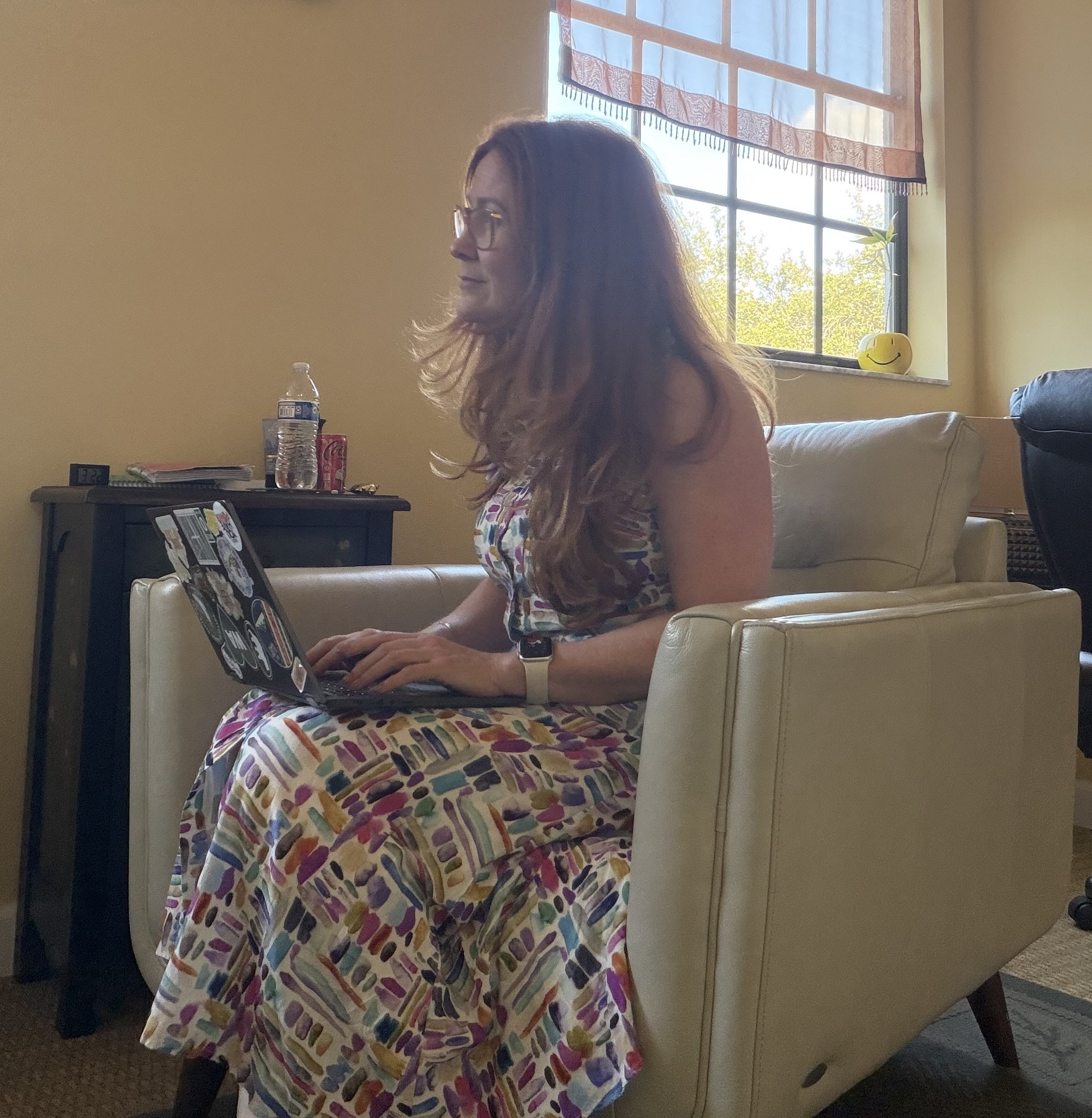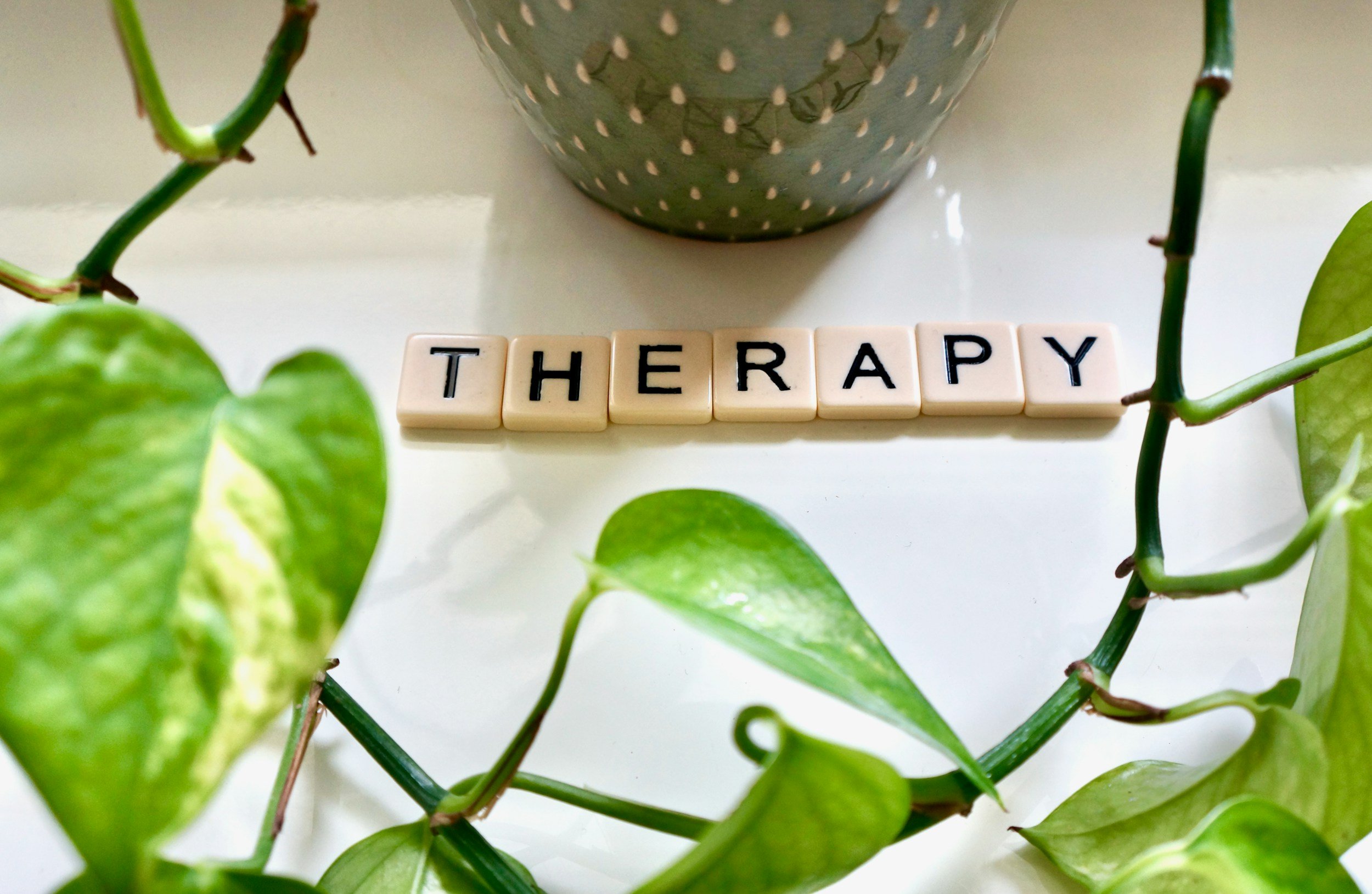How a Therapy Intensive in the First Quarter of the Year Can Be the Foundation for Your Best Year
Discover how starting the year strong with a therapy intensive can create accelerated change, emotional clarity, and a strong foundation for personal growth and mental health goals.
How to Set Realistic Mental Health Goals This Year
High expectations don’t have to come at the cost of emotional well-being. Discover how realistic mental health goals can support clarity, balance, and sustainable growth in the New Year.
How to Create Meaningful New Year’s Resolutions That Stick
Holiday loneliness affects many adults, even when the season looks joyful from the outside. This post explores why loneliness intensifies during the holidays, gentle coping strategies, and how therapy for loneliness can help you feel more grounded and connected.
Recognizing and Managing Holiday Loneliness & Grief
Holiday loneliness affects many adults, even when the season looks joyful from the outside. This post explores why loneliness intensifies during the holidays, gentle coping strategies, and how therapy for loneliness can help you feel more grounded and connected.
Why is a Pre-Holiday Therapy Intensive the Best Gift You Can Give Yourself as an individual or couple?
Prepare emotionally for the holidays and new year with a pre-holiday therapy intensive. Gain clarity, calm, and stress relief within the chaos and before the new year begins. Perfect for entrepreneurs, parents, caregivers, and overwhelmed couples and individuals
From Silence to Strength: Breaking the Stigma Around Therapy in the BIPOC and Latine People with Intentional Healing & Therapeutic Support
Discover why therapy is an act of courage amongst Latine and BIPOC People. Explore cultural stigma, generational healing, and the rising movement toward emotional freedom.
7 Hidden Benefits of Therapy Intensives for Mental Health
Discover the transformative, often unexpected benefits of therapy intensives — from deeper emotional breakthroughs to nervous system regulation, better communication, and renewed hope. Learn why intensives can accelerate healing beyond weekly therapy sessions.
Healing Transgenerational Cycles: Rewriting Women and Family Patterns in Latin and Caribbean Families Through Intention and Trauma Therapy
Have you ever caught yourself reacting in a way that felt too familiar or reminded you of someone in your family—snapping at your children, sibling, partner like your mother once did, overreacting, refusing to discuss hot topics, or shutting down in conflict the way your father used to?
Most of the time, without even realizing it, we’re carrying pieces of our family’s unhealed stories inside us—even carrying it within our genetic make-up. This is called “epigenetics”.
HOW TO OVERCOME FEAR OF CHANGE THIS FALL & DURING THE HOLIDAYS
As the air outside turns crisp and the days grow shorter, fall, winter and the new year often bring a wave of transitions, change, new opportunities and sometimes grief, even when the change is positive. Children return to school, work schedules shift, and the rhythm of life changes pace, creating that sense of needing more balance and adjustment.
Why My Therapy Intensives Are Designed with You in Mind
Whether you’re a couple longing to reconnect, an individual seeking relief from the weight of old wounds, or a busy professional craving deep progress in a focused timeframe outside of the traditional weekly, 1-hour therapy appointments, these intensives are created to honor your time, your needs, your goals, and your story.
Therapy Intensives Are a Partnership: Here’s How We Work Together
Discover how therapy intensives create a powerful partnership between therapist and client. Learn how collaborative therapy accelerates your healing journey beyond traditional weekly sessions.










